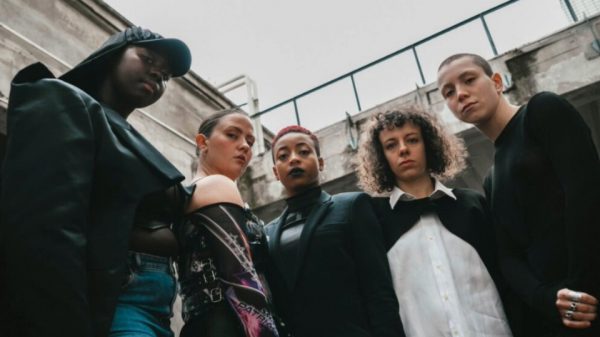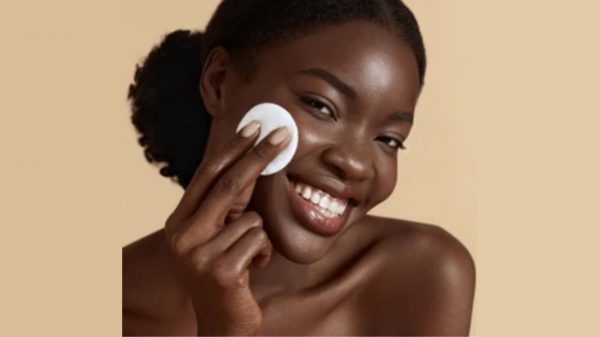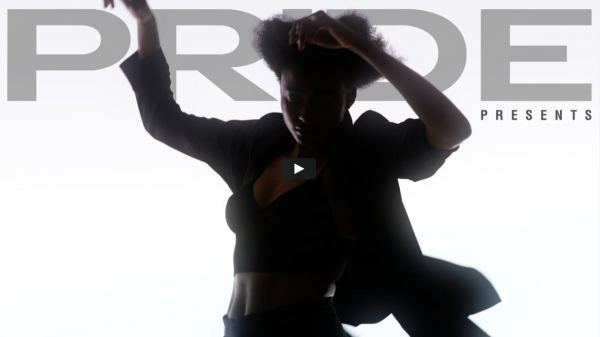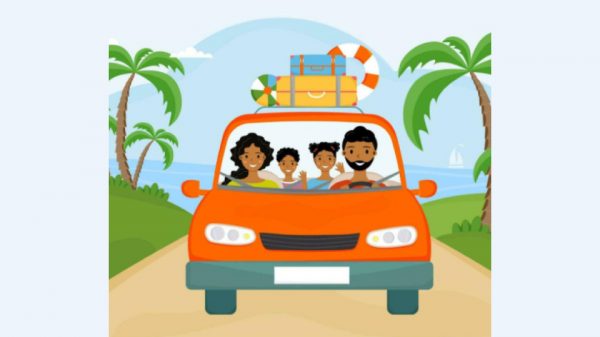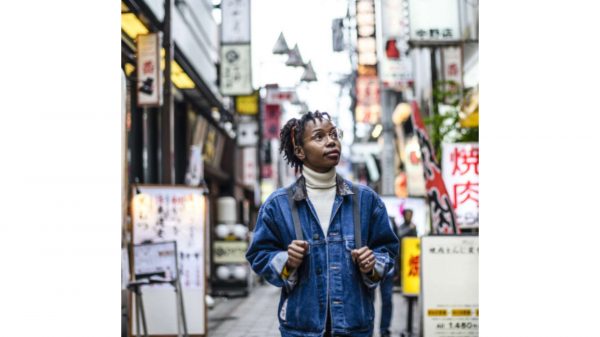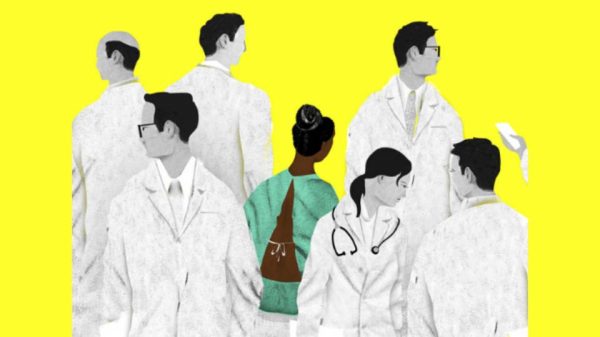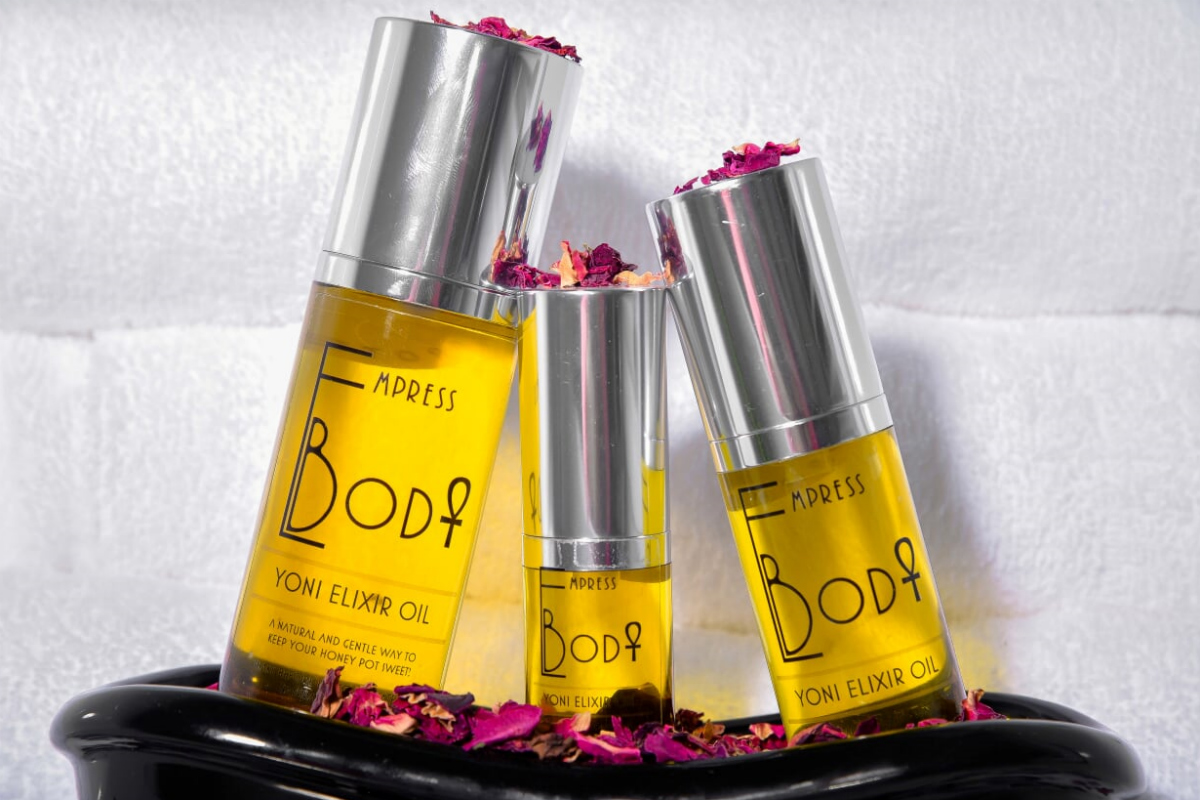Afrobeats pioneer Fuse ODG tells Pride about expanding his ‘New Africa’ message even further
Can you imagine a party without Afrobeats? A night out where no-one’s trying to ‘Shaku on the beat’, or hit the Azonto? About a decade ago, that would have been a reality for quite a few people – as although there were rumblings of modern, African-influenced music breaking through to mainstream interests, it was still something of a niche, underground genre, to put it mildly.
However, Fuse ODG is an artist that has had a great hand in putting it on the map, and growing the genre to the globally loved entity that it is today. Since bursting onto the scene in 2013 with tracks like ‘Azonto’ and ‘Antenna’, he’s been one of Afrobeats’ most valued players, and is often accredited with starting its modern variation.
More than being an entertaining genre of music, the rise of Afrobeats also has a deeper significance for people from and diasporic descendants of Africa – it has helped remind anyone who’s forgotten, or doubts it, that Africa is pretty damn cool. Generations of damaging stories about life on the continent led to harmful stereotypes about what it meant to be African. But throughout his time in the public eye, Fuse ODG has promoted the continent that he loves through his ‘This Is New Africa’, or ‘TINA’ message. As well as being the title of his first album, it also is the name of his annual festival in Ghana, which this year boasted the likes of Skepta, Stefflon Don, Lethal Bizzle, Sarkodie and Kojo Funds on its performance roster.
‘These are the kind of artists that will do Wireless, we do Glastonbury, we do Ibiza, Ayia Napa, Dubai, but we don’t usually do Ghana or Africa,’ he explained in our phone chat. ‘So I had a conversation with them and said, “Let’s take it back home.”’
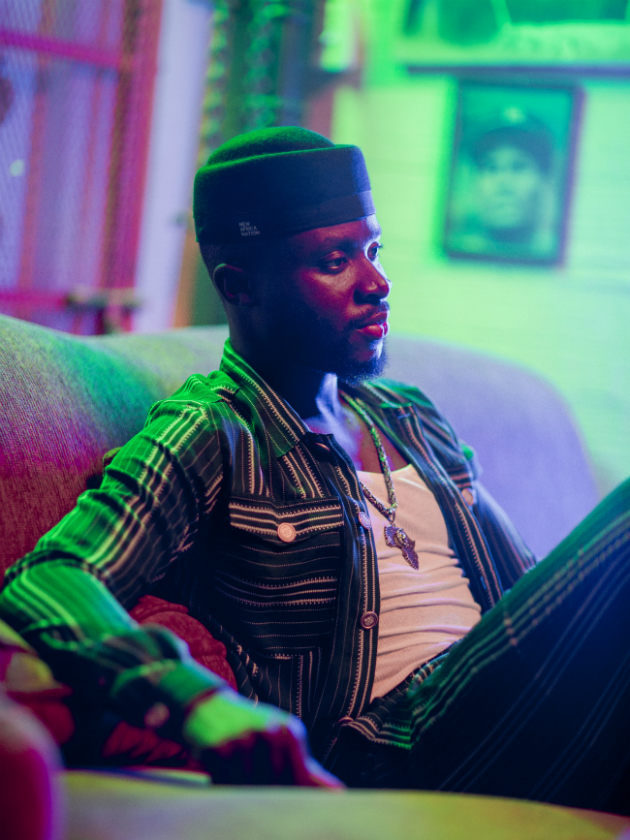
The passion for changing the vision of Africa is abundant in all of Fuse ODG’s ventures, and now it’s even stretching to the world of toys – he’s launched a range of dolls for kids, called Nana Dolls. Each named after various courageous historical figures, the dolls are intended to re-educate the African diaspora and the wider world about African heroines. He told us about this passion project, as well as grappling with Ghanaian and British identity in the past, and how he’s putting his words of African pride into action.
Ever since the world has known Fuse ODG, we’ve known about your This Is New Africa message, and your passion for representing the vibrancy and panache of Africa in all you do. When did you know that you wanted this message to be such a central part of your brand?
Fuse ODG: It came along during the time that I was travelling across Africa performing ‘Azonto’ and ‘Antenna’. I had the opportunity to travel to lots of different parts of the world, but my shows in Africa really opened my eyes because the Africa that I was seeing was so different than what was on TV – so I felt a bit lied to. I felt betrayed and I felt like I let Africa down – because Africa was so beautiful. The people are so nice; the food was amazing… I felt like we had the culture to be proud of, but the media was telling a different narrative. For me, I saw a new Africa, and I felt like we needed something to capture this new Africa that we were seeing. We needed to create a platform to let people know how beautiful Africa is, and develop a nation of proud Africans.
You grew up between Ghana and the UK, and ended up going to secondary school in south London – with a Ghanaian accent. Were you always so determined to hold on to your roots?
ODG: Nah, I just wanted to transform and become British quick; as a child, it wasn’t nice. You just wanted to speak like a British person; I wanted my accent to disappear. I had a lot of fights with people laughing at my accent. I just wanted to fit in so I kind of lost my culture in secondary school. My accent was different and I feel like I also lost myself as a person, as an African, I became more British over time. It wasn’t until like year 11 when I started bringing songs that I was making in my bedroom into school, people were being like, ‘Rah, this guy knows how to make a song’, and everyone started coming to my house, playing music. That’s when I started becoming cool because my accent was changing at the same time. When I got into college, that’s when I started reverting back into being African. There were a lot more Africans being African in college so it got easier to represent my culture. And then when I decided to come back to Ghana, that’s when I really fell in love in myself, and Africa again. I felt like the world needed to know that it’s cool to be African, and I wanted my music to represent that coolness that Africa is – and I wanted that African child that might have just come to the UK to feel proud of being African and not having to change their character to fit in, because there’s nothing better than being able to be yourself.
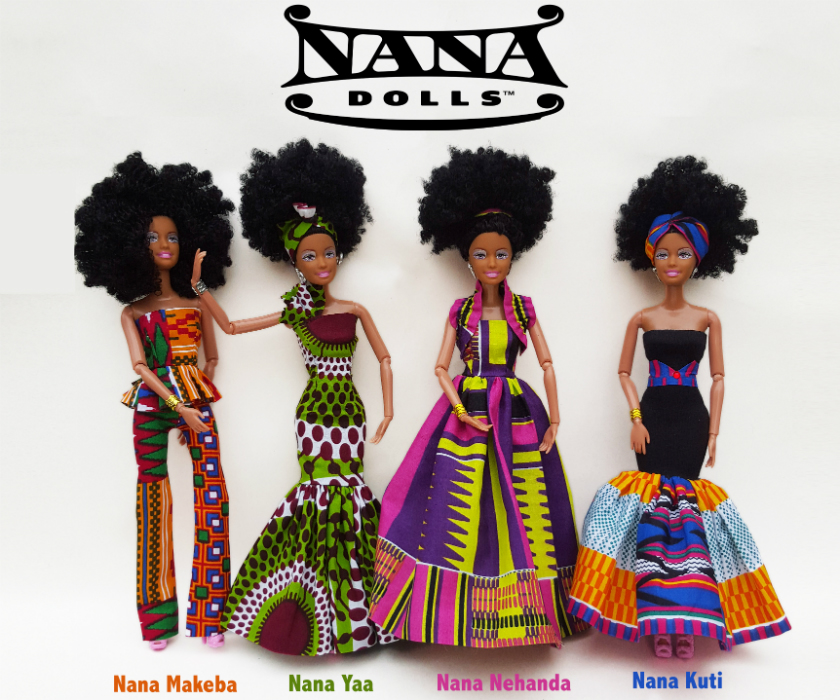
Tell me a bit about the Nana Dolls – what was the inspiration behind expanding the TINA message to dolls?
ODG: So, for anyone who hasn’t heard of Nana Dolls you should think of Barbie dolls, as African queens, but this time they’re educational. You get to learn about where they’re from. One of them is based on Mbuya Nehanda, who was an African warrior in Ghana and she stood up at a time where men were really scared to fight and get their king back so she stood up and said, ‘If you men aren’t gonna do it, we will’; it tells a story of a brave warrior woman who stood up at a time where women were seen as inferior but the men had to respect her. It’s these kind of stories that we’re telling through the dolls to make these young kids understand that you have the power to be a leader, you have the royalty to be a queen. It was a long time ago, but it’s still reminding these young queens: you have that power in you.
Was there something in particular that made you realise this gap in the market: that Black children in particular would like to learn about African dolls and see themselves represented in that way?
ODG: It’s going into these tourist stores and not seeing any Black representation. It’s just all white dolls in the UK, in America and even in Africa: I went to a couple of stores in Ghana, and most of the dolls were white! It’s very bad that the dolls don’t represent the consumer because in Ghana it’s 99% black but when you go to the stores, it’s 99% white – so that in itself needs to change. We’ve managed to get the dolls into a major store over there, and they’re moving like crazy because it’s almost like people have been waiting for this. The lack of Black dolls has been a problem, but nobody was saying it. Now the Nana Dolls are here, everybody’s embracing it. We need to close these gaps, because it has a psychological affect on our kids – making them feel inferior and that they’re not good enough to be represented. That’s why we want to get it across worldwide because it’s very important that our kids are being represented across various platforms.
That’s beautiful. Your new album, New Africa Nation, is about to come out. How do you feel the album differs from last time?
ODG: The second time around, I feel like I’m a different artist. The music has come to life a lot more so you get a lot more messages within the music as well as songs that will make you move and dance. I would say that I’ve moved from talking about changing people’s mentality, and changing perceptions on Africa, to more of a question of, ‘What are we doing as a nation of proud Africans, to help build Africa?’ This next album is more building. There’s songs that’ll make you dance, songs that’ll make you think and I’m very excited for people to hear it.
Fuse ODG’s new album ‘New Africa Nation’ is out now. Visit hellonanadolls.com for more information on the doll collection.






